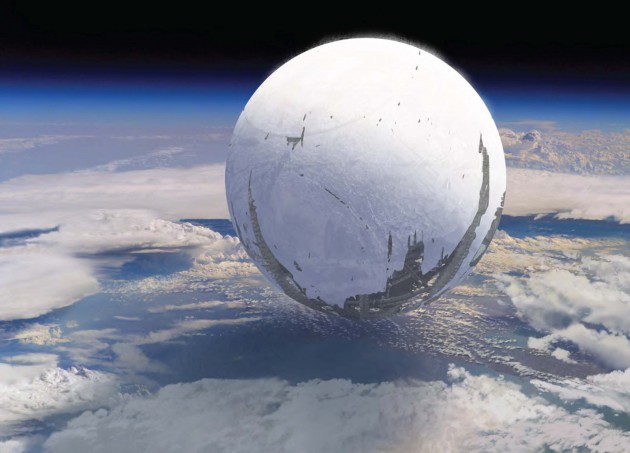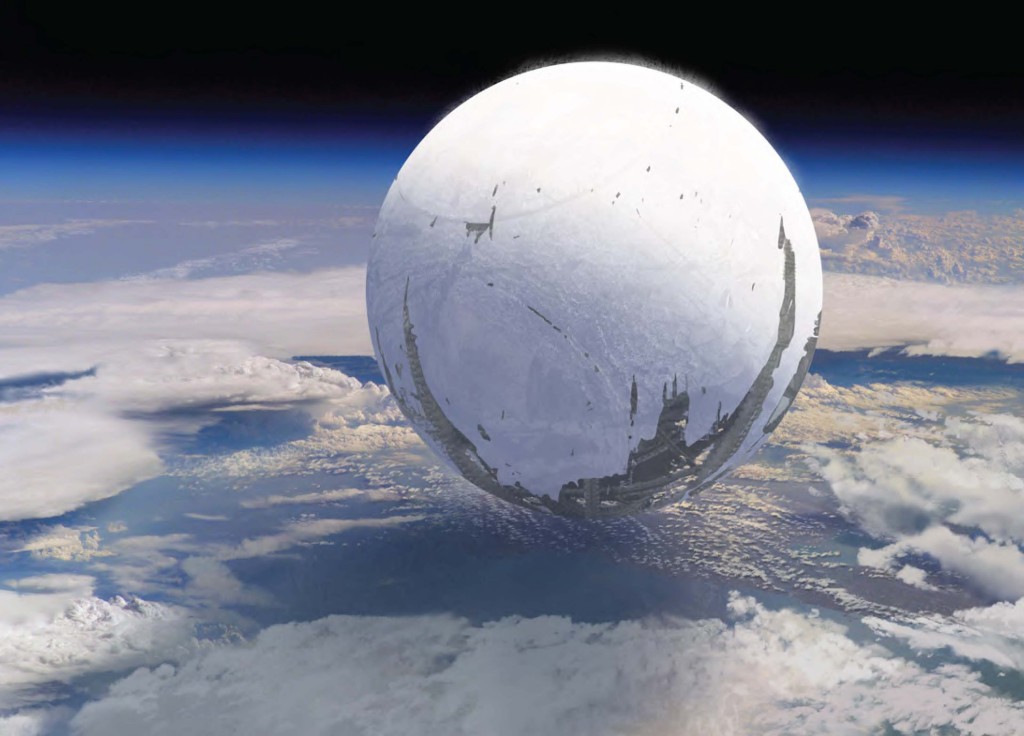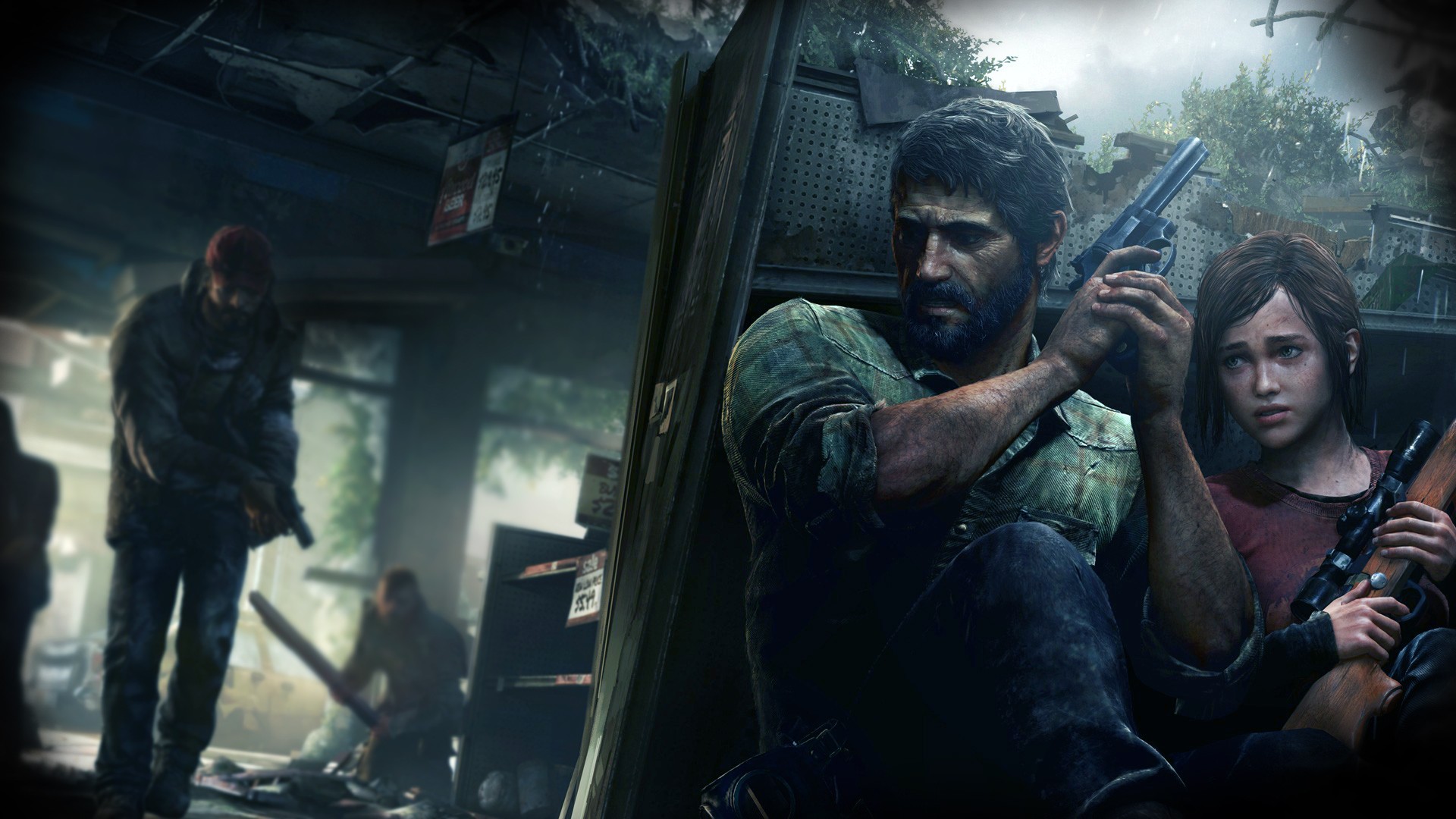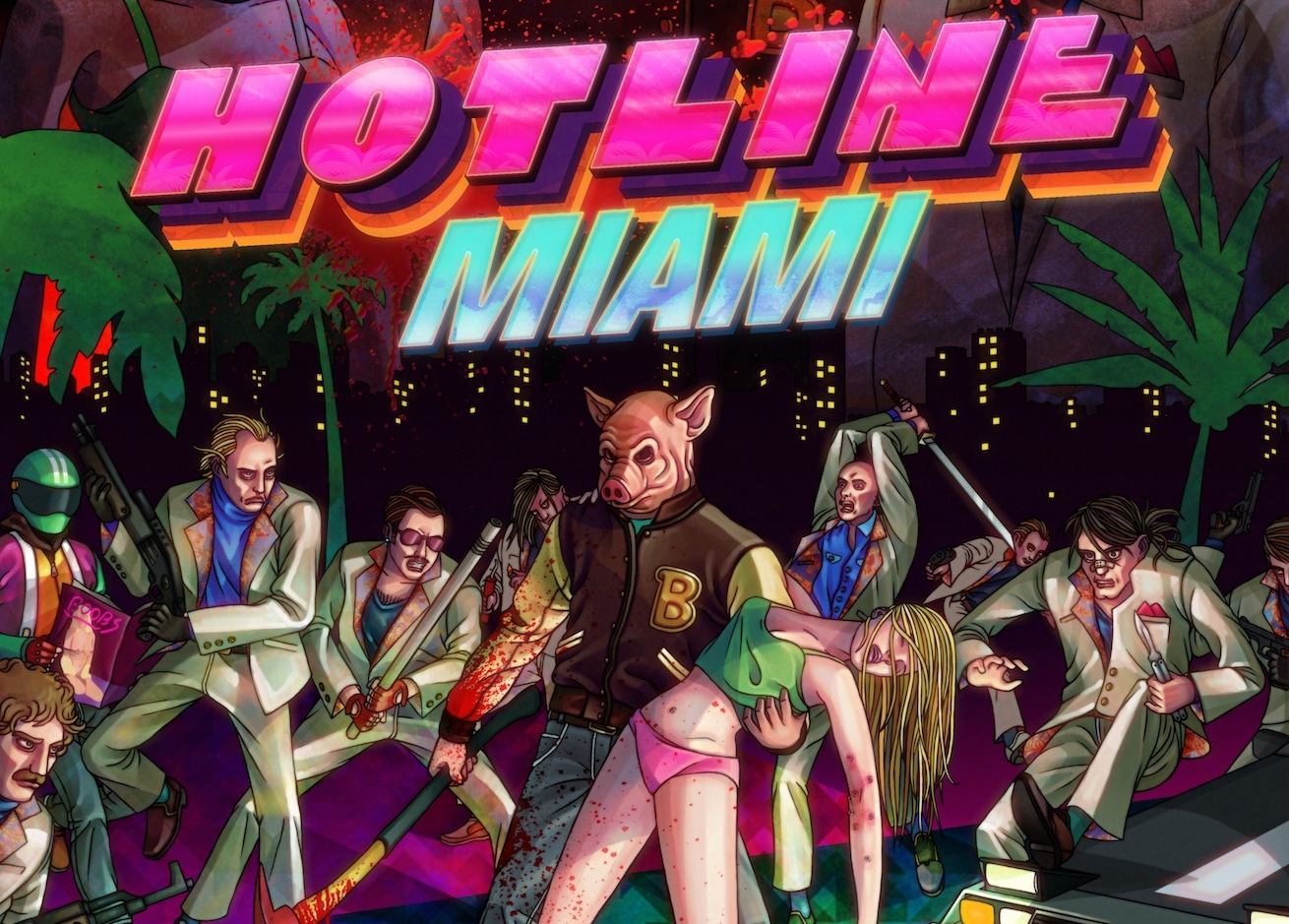It is fair to say that the development company Bungie knows a thing or two about making videogames. With the critically acclaimed, million selling Halo franchise in their portfolio, they would have been forgiven for hanging up their boots and never working on another project again. However, with that incredible success comes the incredible expectation that has weighed upon the release of Destiny since its initial announcement. It has, in one way or another, evaded neat pigeonholing, described in some quarters as a first person shooter in an open world setting, and in others as commingling MMO and RPG mechanics. It has variously been likened to Borderlands (2K Games), Gears Of War (Microsoft Studios) and Star Wars though to be fair it is not very much like any of these. However, all of those comparisons are moot. The main question is whether Destiny is fun and rewarding to play. The answer? Well…
The first thing one notices when booting up Destiny is just how lovely it looks. The planetscapes and alien vistas are truly stunning and crammed with detail: lighting effects, particle blur, colour palettes and inventive architecture all work together in balance to create believable, immersive worlds that find new routes off a post-apocalyptic path already well-trodden by other games of this type. The epic sense of scale is given extra swoop by a thumping, deeply cinematic score with grace notes by one Paul McCartney. I predict that he will go far. The attention to detail extends to the menus, which are intuitive and satisfying to navigate, whether in game or between rounds. Everything is neat, cleanly designed and shiny. It might seem inconsequential but when the finer points of so many titles are poorly out, it is pleasing to see an example of how it is done right.
As for the gameplay… well, in that regard Destiny refines the wheel rather than reinventing it altogether. There is your usual talk of a future war, and mankind in danger of extinction or enslavement, and… well, you get the picture. The story, such as it is, is never fully developed or explained. It is perfunctory, an afterthought, a trifle that is quickly dismissed in order to get to the shooting and the exploring. That is fair enough but it feels at odds with the scope of the graphics and the aforementioned soundtrack. It is the equivalent of an orchestral overture introducing a pensioner telling a knock, knock joke. It might sound trivial but it’s difficult to care about the annihilation of a race when there is no feeling that anything of any importance is at stake. Thankfully, Destiny works hard to keep you distracted from such shortcomings. Much as in this year’s Titanfall (EA), which also uses a class-based system, there are plenty of missions and challenges to complete, weapons and mods to unlock, but it shares the same main criticism: at the moment it feels underdeveloped, as if you are being asked to play a beta release where not all of the elements have been refined just yet. With Destiny there is the nagging sense that this is just the beginning, that there is more to come, either in the form of patches, add-ons or DLC, paid or otherwise. There is also the fact that the game improves with the more time you invest – and, given that it is very addictive, that will be a lot of time – and that the best upgrades are kept behind doors that are only unlocked after hours and hours of gameplay.
If all of this sounds like moaning, it is because Destiny does not meet the high standards set by its spiritual predecessors. Not that it ever could, of course. But only time will tell how much of a success Bungie’s much-trumped sort of shooter, sort of RPG will become. Time, and a few fresher ideas. Ross Thompson







